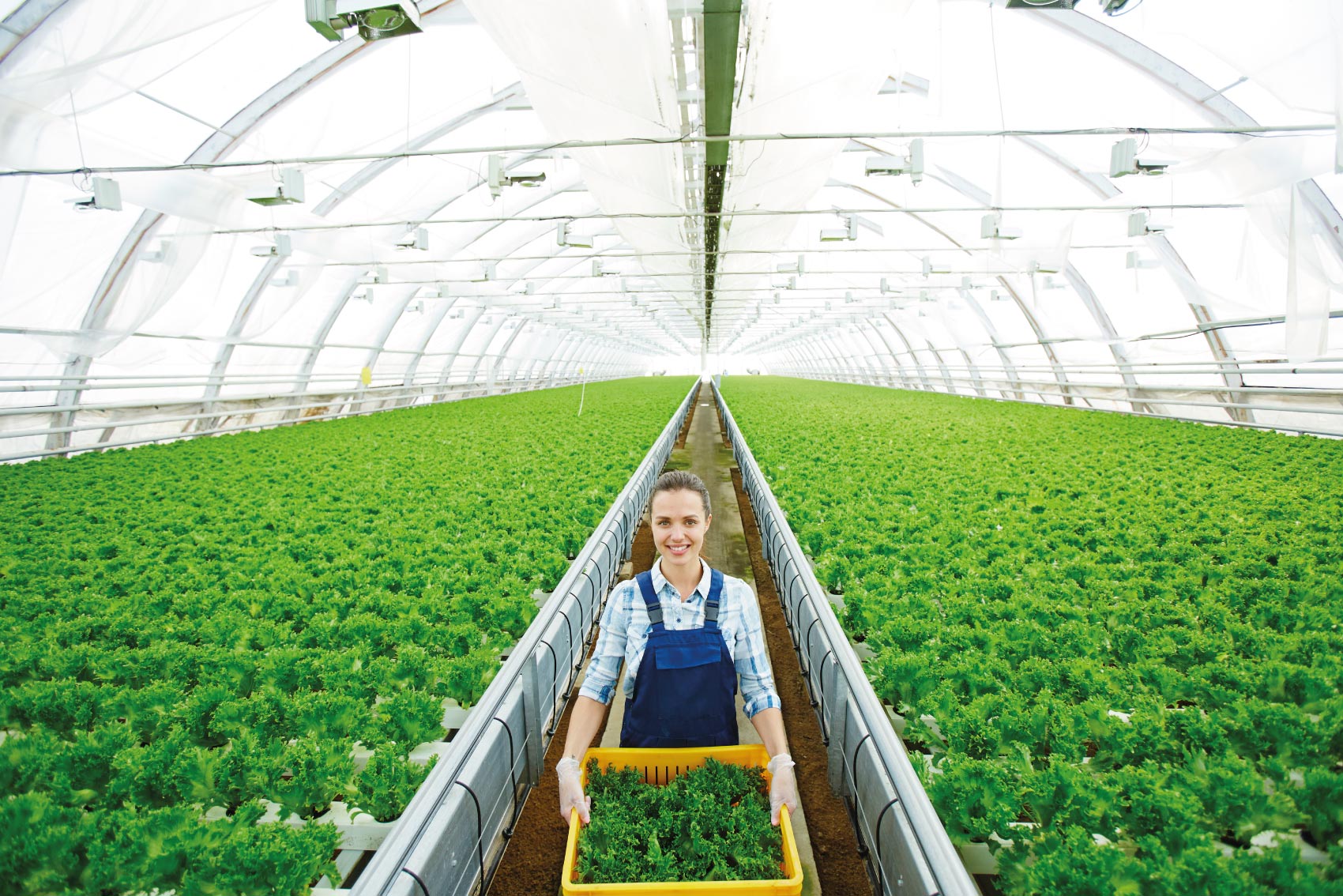
Harnessing the Power of Greenhouses: A Game Changer for Crop Protection
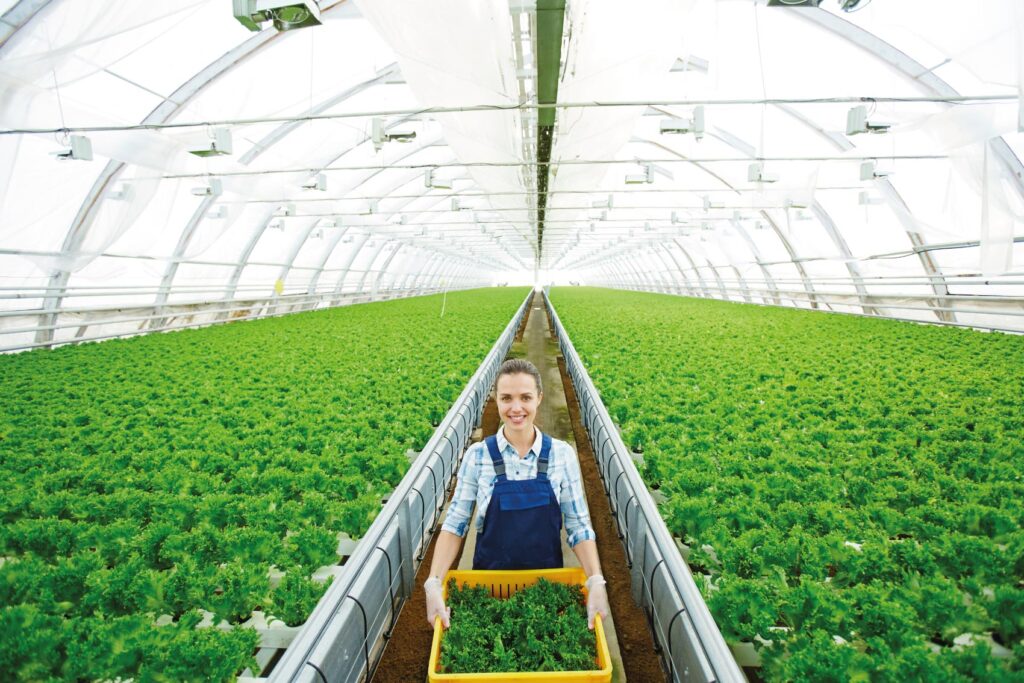
HARNESSING THE POWER OF GREENHOUSES: A GAME CHANGER FOR CROP PROTECTION
Greenhouses have revolutionized modern agriculture by offering numerous benefits that enhance crop production. These controlled environments allow farmers to cultivate crops year-round, irrespective of external weather conditions. By maintaining optimal temperature, humidity, and light levels, greenhouses ensure consistent and high-quality yields.
Crop protection is a critical aspect of agricultural success, and greenhouses play a pivotal role in safeguarding plants from pests, diseases, and harsh environmental factors. By providing a barrier against these threats, greenhouses significantly reduce crop losses and increase overall productivity. Embracing greenhouse technology is essential for sustainable and resilient farming practices.
Benefits of Greenhouses
Greenhouses are revolutionizing modern agriculture by offering numerous advantages that enhance crop protection and productivity.
Climate Control
Greenhouses allow farmers to maintain optimal growing conditions year-round. By regulating temperature, humidity, and light, crops are less susceptible to adverse weather conditions, ensuring consistent and high-quality yields.
Pest and Disease Management
Greenhouses significantly reduce the impact of pests and diseases. The controlled environment acts as a barrier, preventing many common agricultural pests and pathogens from reaching the crops, thus minimizing the need for chemical pesticides.
Extended Growing Seasons
One of the most significant benefits of greenhouses is the ability to extend growing seasons. Farmers can grow crops outside their traditional growing periods, providing a continuous supply of fresh produce regardless of the season. This not only increases productivity but also meets market demand year-round.
Types of Greenhouses
Glass vs. Plastic: Pros and Cons of Different Materials
Glass Greenhouses:
Pros:
- Durability: Long-lasting and resistant to wear.
- Light Transmission: Allows maximum sunlight, aiding plant growth.
- Aesthetic Appeal: Offers a traditional, visually pleasing look.
Cons:
- Cost: Higher initial investment compared to plastic.
- Weight: Requires a stronger, more expensive frame.
- Fragility: Can break or crack under extreme weather conditions.
Plastic Greenhouses:
Pros:
- Cost-Effective: Lower initial cost and easier to install.
- Flexibility: Can be used for various greenhouse designs.
- Light Diffusion: Often better at diffusing light, reducing hotspots.
Cons:
- Durability: Shorter lifespan than glass, requiring more frequent replacement.
- Maintenance: More susceptible to wear and tear.
- Light Transmission: Slightly lower light transmission compared to glass.
Tunnel Greenhouses: Benefits for Larger Scale Operations
- Scalability: Ideal for large-scale agricultural operations.
- Cost-Efficiency: More affordable per square foot compared to traditional greenhouses.
- Versatility: Suitable for various crops and climates.
- Ease of Installation: Quicker and simpler to set up, making it practical for expanding operations rapidly.
- Improved Ventilation: Designed to maximize airflow, reducing the risk of fungal diseases and heat stress.
Innovative Technologies in Greenhouses
Automated Systems: Revolutionizing Greenhouse Management
Automated systems are transforming greenhouse farming by integrating advanced technologies such as automated irrigation, ventilation, and climate control. These systems optimize water usage, ensure consistent airflow, and maintain ideal temperature and humidity levels, resulting in healthier crops and increased yields. By automating these critical processes, farmers can focus on other aspects of crop management, improving overall efficiency and productivity.
Sustainable Practices: Enhancing Energy Efficiency and Water Conservation
Incorporating sustainable practices in greenhouses is essential for long-term agricultural success. Energy-efficient solutions, such as LED lighting and solar panels, reduce greenhouse energy consumption and lower operating costs. Water conservation techniques, like drip irrigation and rainwater harvesting, ensure efficient water use, reducing waste and promoting sustainable farming. These practices not only benefit the environment but also contribute to the economic viability of greenhouse operations.
By leveraging these innovative technologies and sustainable practices, greenhouses can become a cornerstone of modern agriculture, providing robust solutions for crop protection and sustainability.
Greenhouses are a game changer for crop protection, offering unparalleled climate control, pest and disease management, and extended growing seasons. By embracing innovative technologies like automated systems for irrigation, ventilation, and climate control, along with sustainable practices for energy efficiency and water conservation, farmers can maximize productivity and sustainability.
Since 1995, REGASA has been at the forefront of providing top-tier agricultural solutions. Investing in REGASA’s greenhouse projects ensures you benefit from decades of expertise and innovation. Transform your farming with REGASA’s cutting-edge greenhouse solutions today.


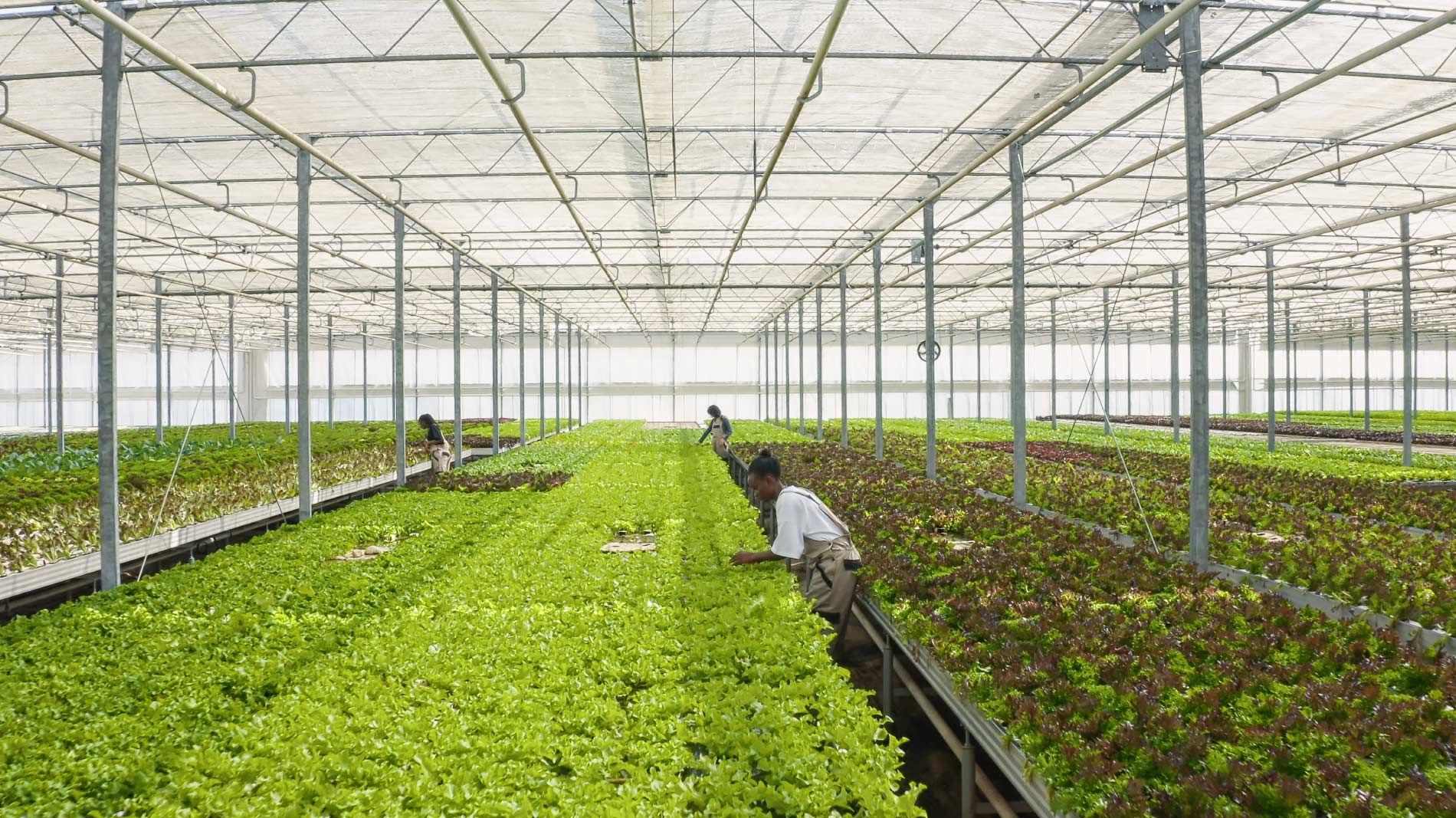
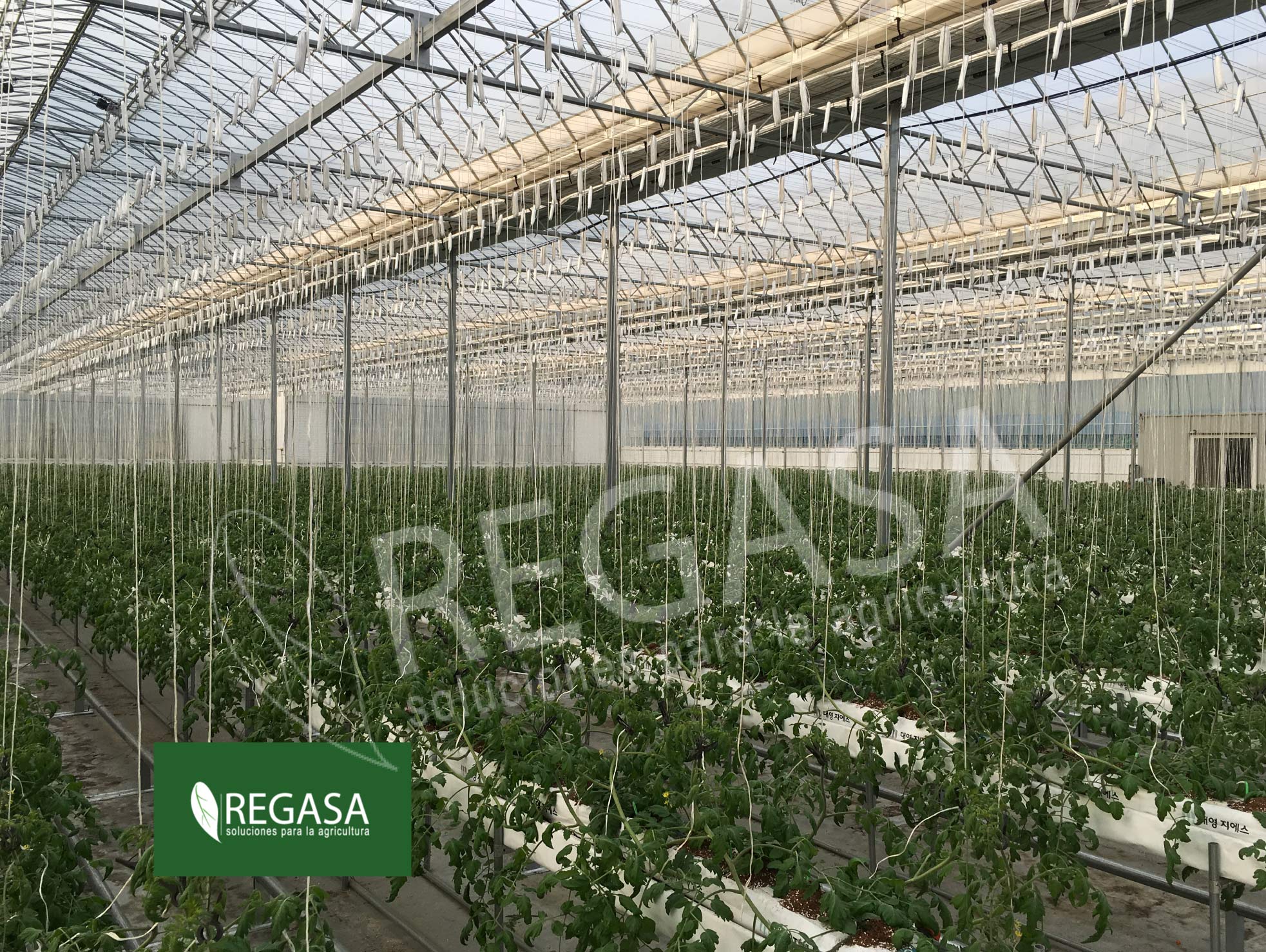
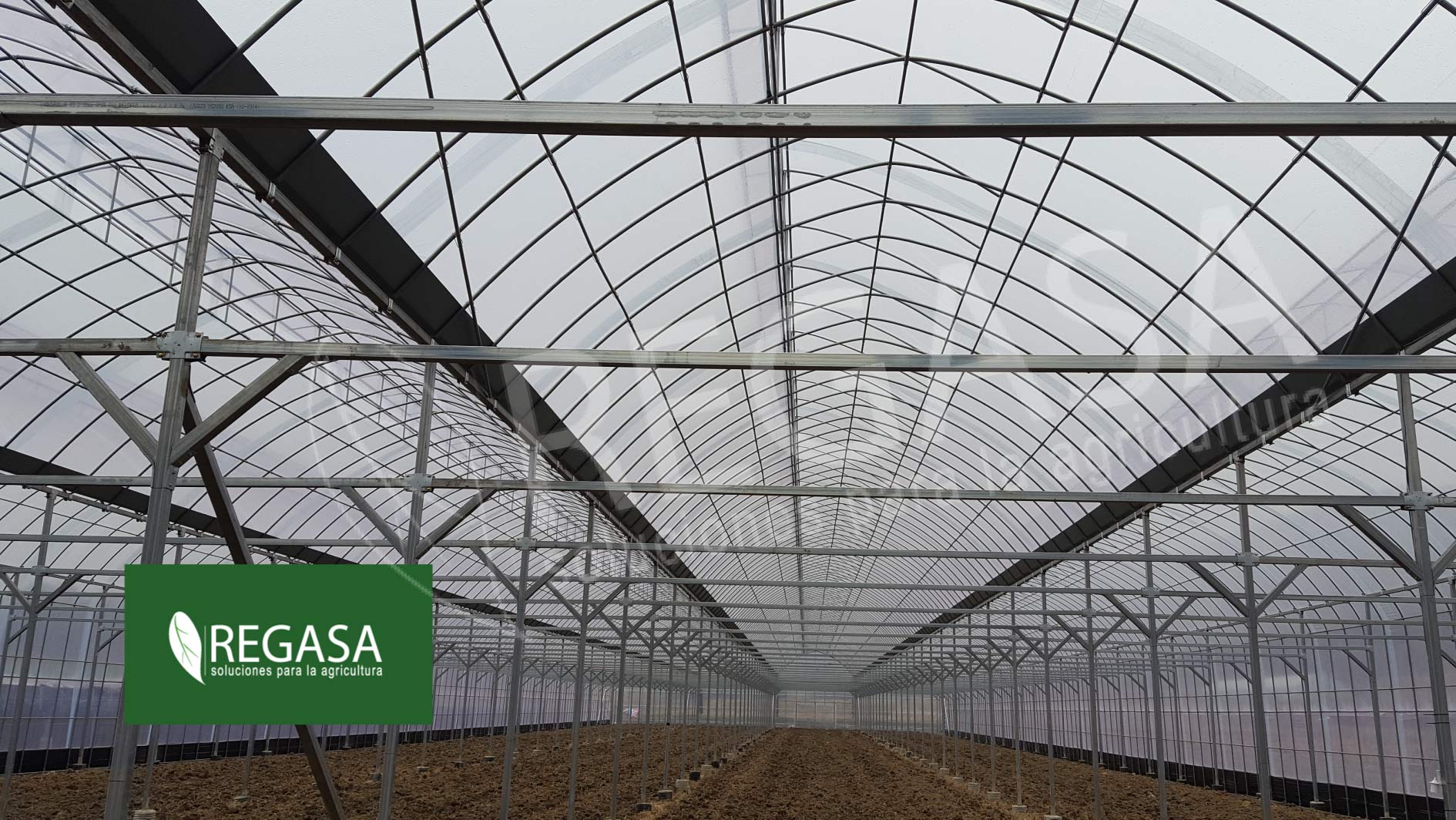
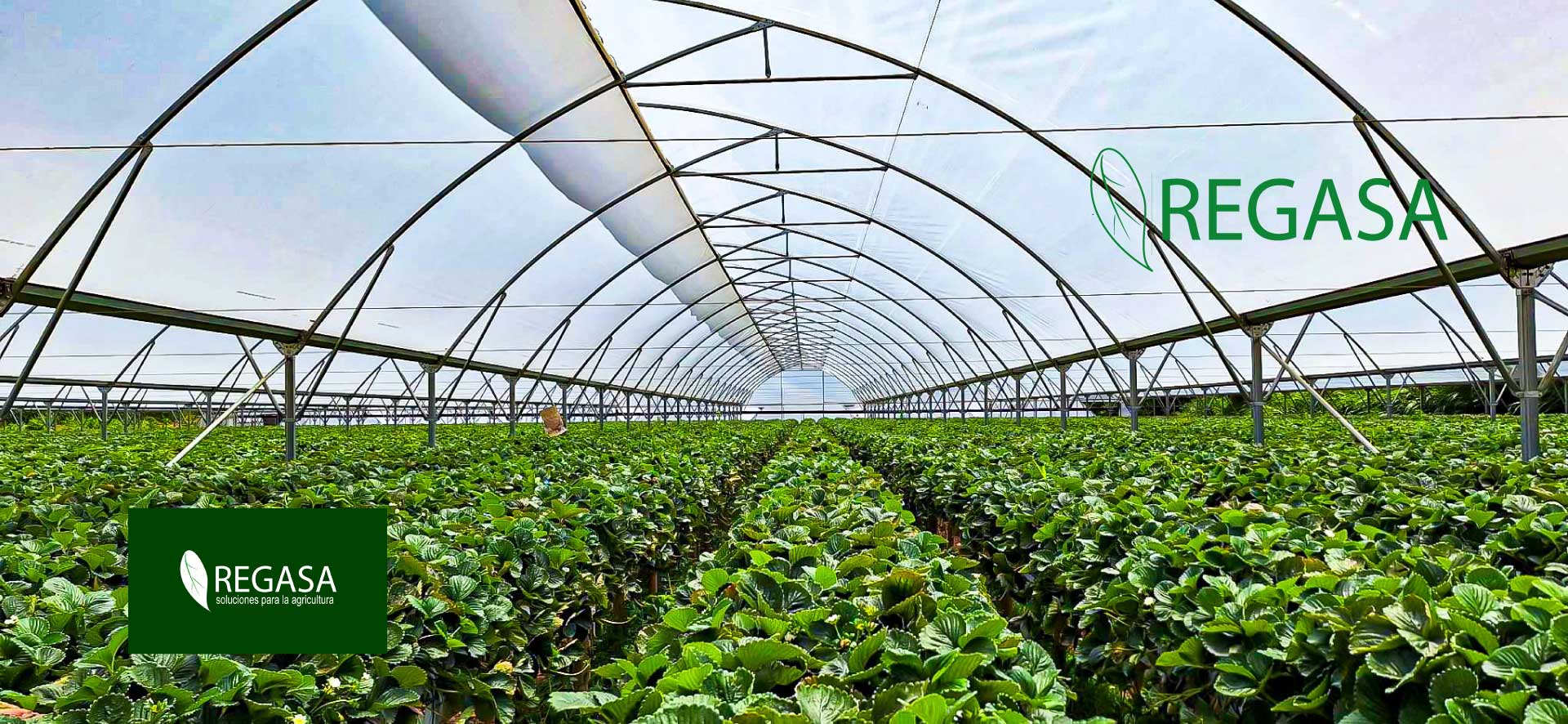
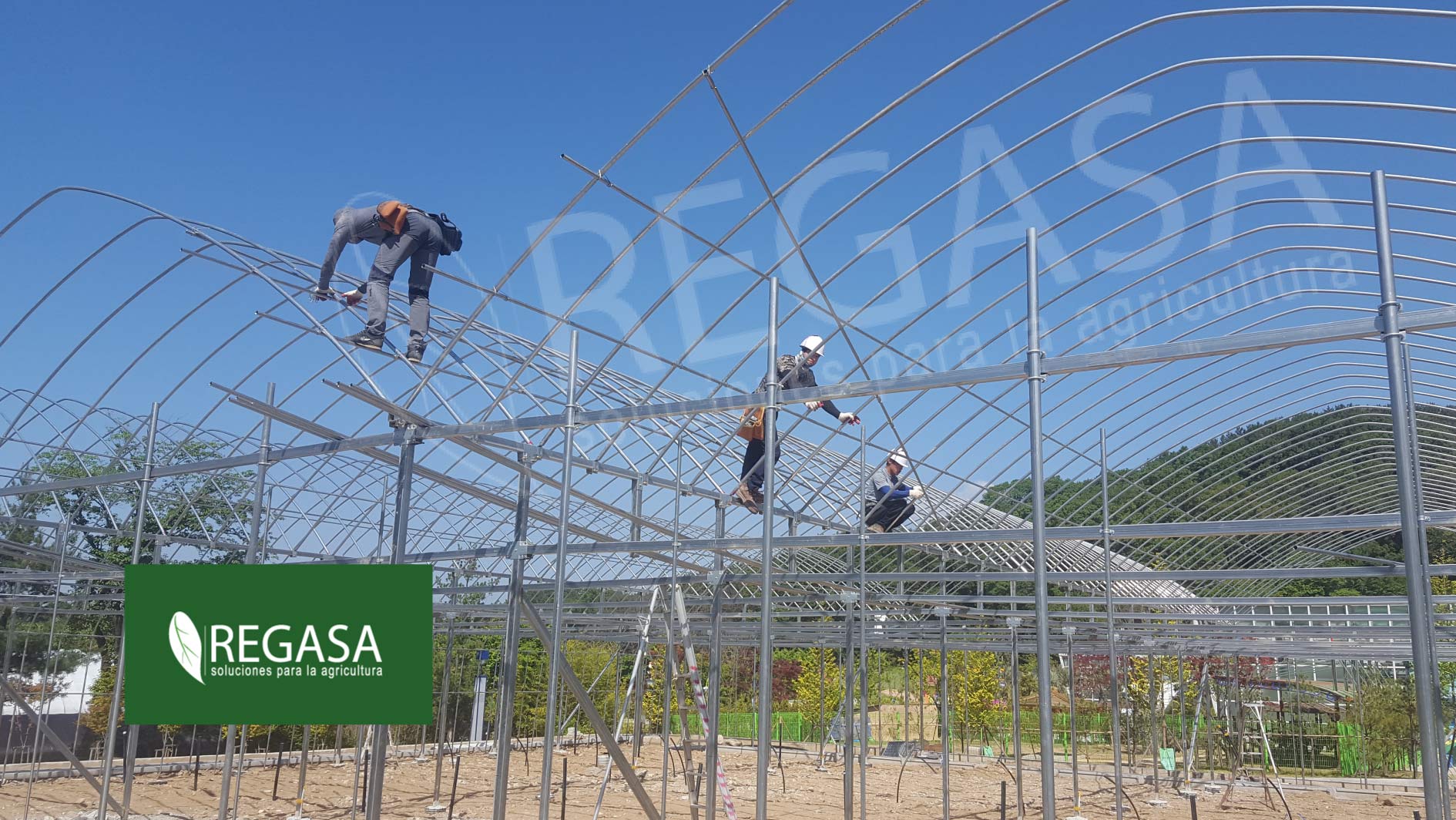
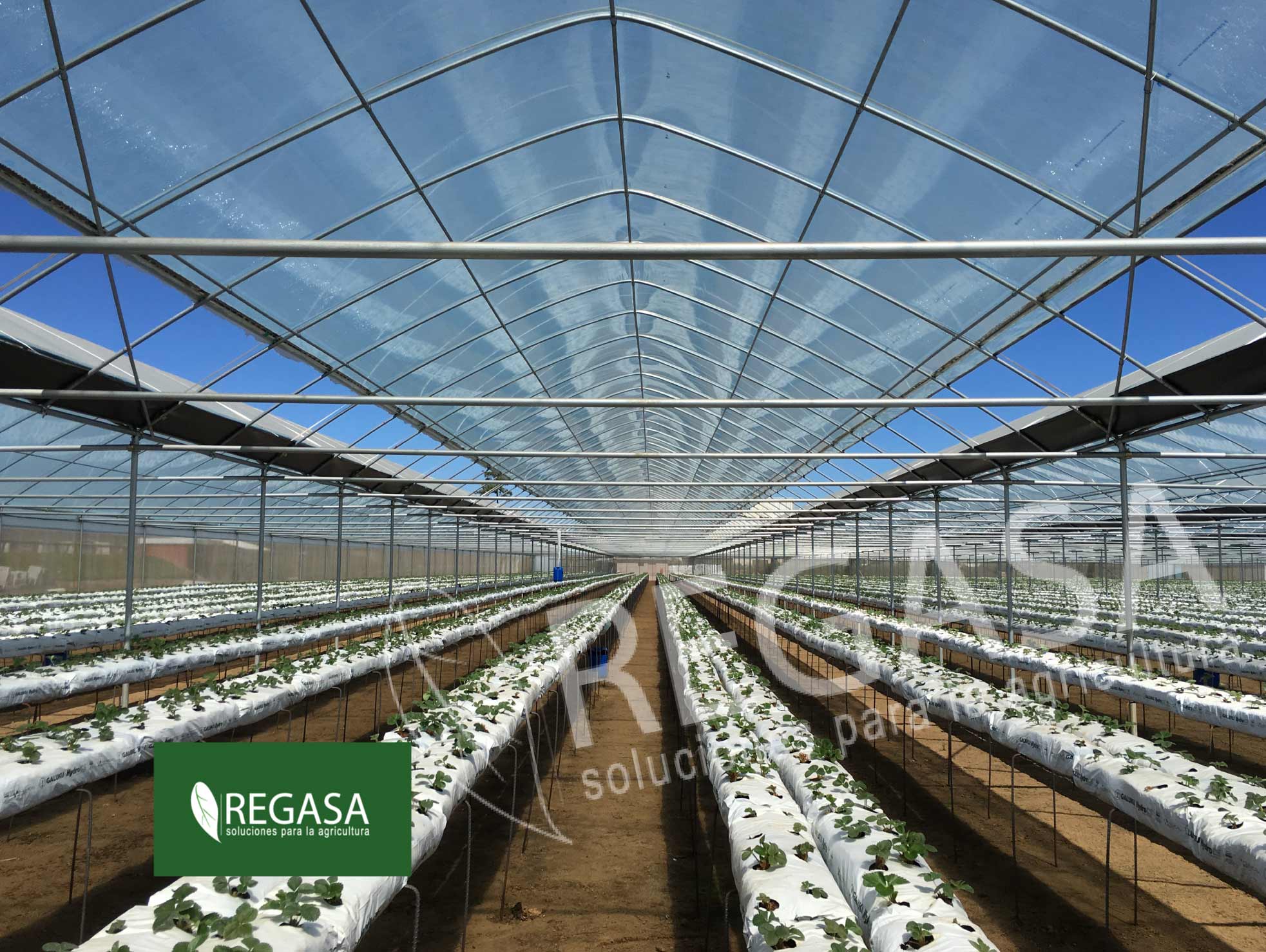
No Comments